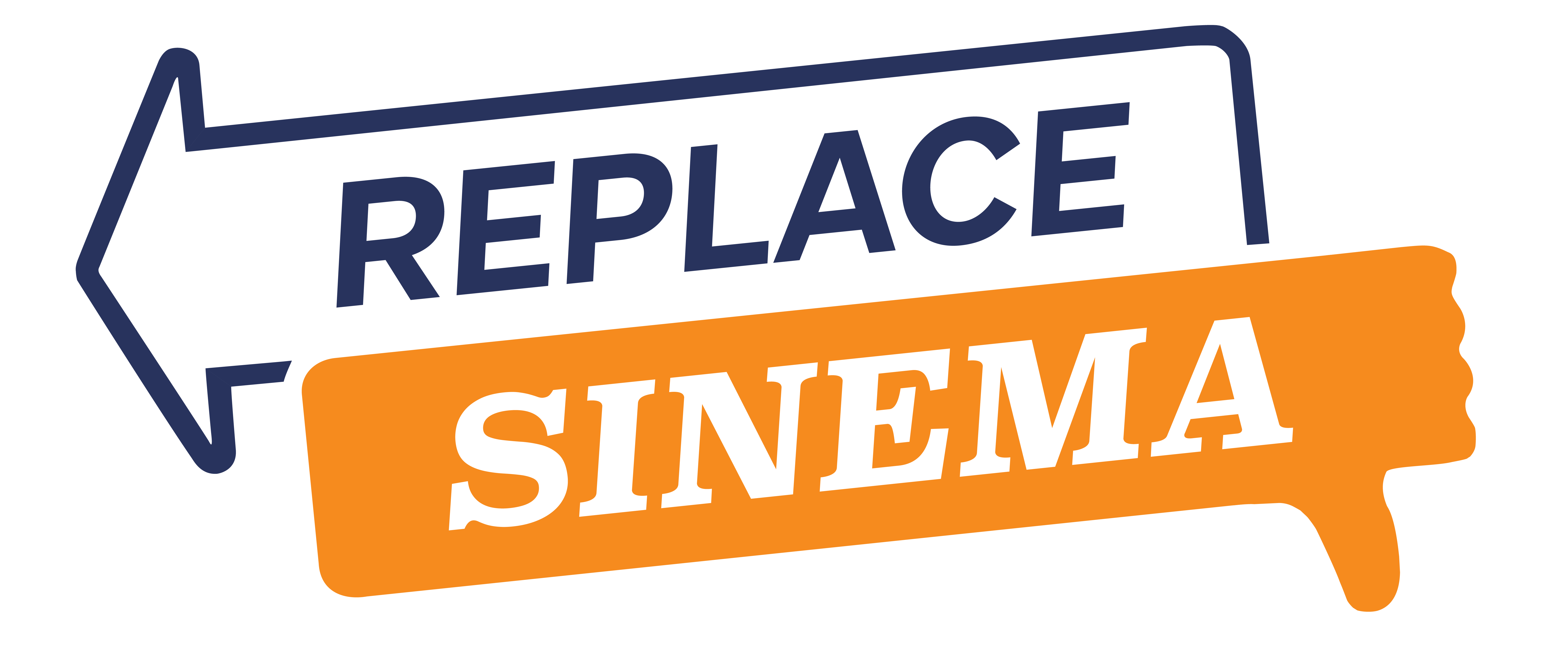Key Facts:
- Sinema has been pushing weaker pilot training requirements, which Senator Tammy Duckworth said will result in “blood on your hands”
- Sinema’s pilot training amendment resulted in a delay in FAA Reauthorization
- Arizona news outlets have covered two recent close calls of plane collisions at Phoenix Sky Harbor International Airport
- Sinema blocked President Biden’s previous FAA nominee
- Sinema has accepted at least $755,000 in contributions from the airline industry, including more than $100,000 from April to June 2023 – and has been criticized by ‘Miracle on the Hudson’ pilot Sully Sullenberger
Yesterday, President Biden announced he will nominate Michael Whitaker to run the Federal Aviation Administration. Kyrsten Sinema infamously scuttled the president’s last FAA nominee and stalled the reauthorization of the FAA by offering a widely criticized amendment to loosen pilot training requirements – a proposal that her fellow senator Tammy Duckworth said would result in Sinema having “blood on your hands.”
Sinema’s pro-industry stunt came following $100,000 from airline executives and PACs deposited in her campaign accounts from April to June of this year. “Miracle on the Hudson” Captain Sully Sullenberger took the rare step of wading into politics to harshly criticize Sinema.
Meanwhile, national and local journalists have reported on an increase in near collisions (“close calls”) in the air above our nation’s airports, including two such “near misses” at Phoenix Sky Harbor International Airport this summer.
“It’s no surprise that Sinema is putting the interests of her corporate donors over the safety and interests of her constituents, given her long history of doing exactly this,” said Replace Sinema spokesperson Sacha Haworth. “Despite the reputation she’s trying to create for herself, Sinema is bought and paid for by her donors. The ‘maverick’ is nothing more than a Swamp Creature.”
Below is a recent op-ed from Senator Tammy Duckworth.
TIME: Congress Can’t Erode Airplane Safety Rules That Save Lives
By Tammy Duckworth
On a foggy night in February 2009, Colgan Air Flight 3407 took off from Newark Airport, heading for nearby Buffalo, New York. Fifty-nine minutes later, the aircraft crashed into a house, killing all 49 passengers and crew on board, along with one person on the ground.
Immediately, the U.S. National Transportation Safety Board began an investigation into the crash, soon determining it was caused by pilot error due to lack of experience with icing conditions. As a result, Congress acted to strengthen training requirements for all passenger airline pilots, including, crucially, instituting what’s known as the 1,500 hour rule: a regulation mandating that pilots earn a minimum of 1,500 real world flight hours before being allowed to work for an airline, with an adequate portion of those hours spent flying in difficult operational conditions.
There has not been a single passenger death caused by pilot error in commercial aviation since the rule was enacted, proving a core principle we all know to be true: that experience matters. Yet, right now, several of my colleagues are trying to gut the 1,500 hour rule, proposing legislation that would produce less experienced pilots and represent an unacceptable backsliding as well as a dangerous complacency in an industry where complacency kills. They’re supposedly doing so in an effort to address the recent pilot shortage—but this so-called solution does anything but solve the problem, and seems more akin to addressing a doctor shortage by slashing the amount of training medical school students need to earn their degree.
[…] To me, there has never been a worse time to weaken pilot regulations, as 2023 has already been a chilling year for our civil aviation system. We’ve witnessed a disturbing rise of near-deadly close calls—an uptick that the NTSB deemed a national safety crisis and that led the FAA to convene an unprecedented safety summit.
As both a former Army pilot and as the current Chair of the Senate’s Aviation Safety Subcommittee, I refuse to respond to these near-misses by further reducing pilot training. I refuse to be complicit in efforts to compromise my constituents’ safety. Instead, I’m doing everything in my power to convince my colleagues to proactively strengthen safety measures so that these close calls never become precursors to tragedy.
[…] I’m not the only one pleading with my colleagues to uphold this rule. The Hero of the Hudson, Captain Sully Sullenberger, has also implored Congress not to get complacent, trying to get them to understand that the combined 40,000-plus flight hours between him and his first officer were critical in saving the 155 lives onboard his plane the day he safely landed on the Hudson River.
[…]So as both a professional pilot and as a mom who regularly travels with my two little girls, I am holding the line on safety. Now is not the time to go backward. Now is not the time to cut corners. Now is not the time to put corporate profits ahead of American lives. Anyone who refuses to see sense here—anyone who votes to reduce the 1,500 hour rule for pilot training—will have blood on their hands when the inevitable accident occurs thanks to an inadequately trained flight crew.
###
